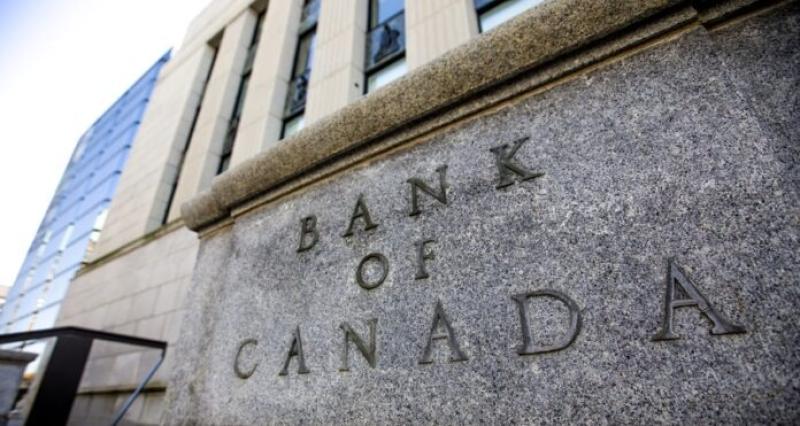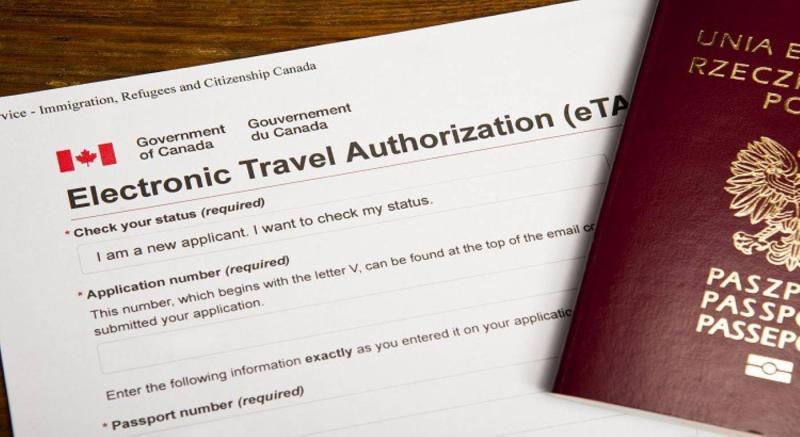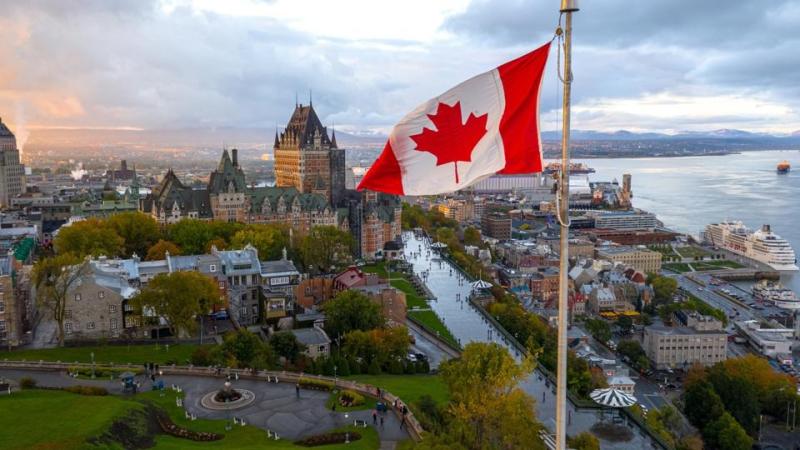Paris 2024 Olympic Games Closing Ceremony, A Celebration of Feminism Amidst Global Double Standards

The Paris 2024 Olympic Games ended with a magnificent ceremony that reflected both the triumph of athletic achievement and the power of feminism. While France captivated the world with its opening ceremony, which championed themes of equality, diversity, and acceptance, the closing event continued to highlight the focus on women’s success, sending a strong message about the importance of gender equality.
A significant moment came when the medals for the women's marathon were awarded, reinforcing the event’s focus on celebrating women’s accomplishments. This symbolic gesture was a tribute to the resilience and strength of female athletes who competed in the games and, more broadly, a statement of solidarity with women worldwide.
The 2024 Games were historic for another reason: for the first time in Olympic history, equal numbers of men and women athletes competed in all sports. In stark contrast to the 1900 Paris Olympics, where women made up just 2.2% of the total participants, this year saw an even 50/50 split, a milestone in the long fight for gender parity in sports. The rise in female participation over the years is a testament to the persistent global efforts to promote women's involvement in sports and society.
However, while the Games painted a picture of equality, the broader global context reveals troubling double standards. Despite celebrating women’s rights on the world’s biggest sporting stage, several contradictions persist in what is often called the "civilized world."
For example, while many Western nations claim to be leading the charge for women’s rights, they remain deeply divided over key issues like abortion, with women’s control over their bodies still a topic of fierce debate. The ongoing struggle to secure women’s right to choose stands in bold contrast to the progressive image portrayed during events like the Olympics.
Moreover, these same societies, while loudly advocating for women's rights and equality, often turn a blind eye to atrocities occurring elsewhere.
In countries where women face systematic abuse and oppression, there is little to be done by the prime world, and in some cases, political and economic alliances with such nations continue unchallenged. This reveals the troubling reality that women’s rights are sometimes used as a convenient political card rather than a true commitment to equality.
Perhaps the most glaring example of this hypocrisy lies in the treatment of women in conflict zones. While women in Ukraine receive substantial international support, women in places like Gaza face unimaginable horrors, with pregnant and nursing mothers being caught in the crossfire, often without the same level of global outrage or assistance. This disparity underscores the fact that the advocacy for women’s rights can often be selective and politically motivated.
As the Paris 2024 Olympics came to a close, the hope for true gender equality remained at the forefront. Yet, while progress has undeniably been made, the reality of double standards persists, reminding us that the fight for women’s rights and equality must continue beyond the world of sports and into all aspects of global society.














